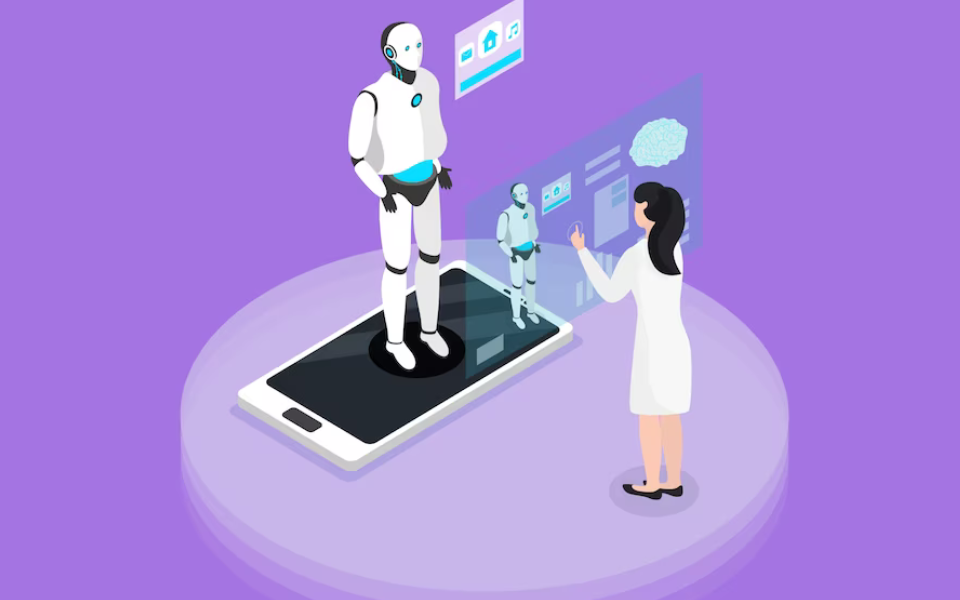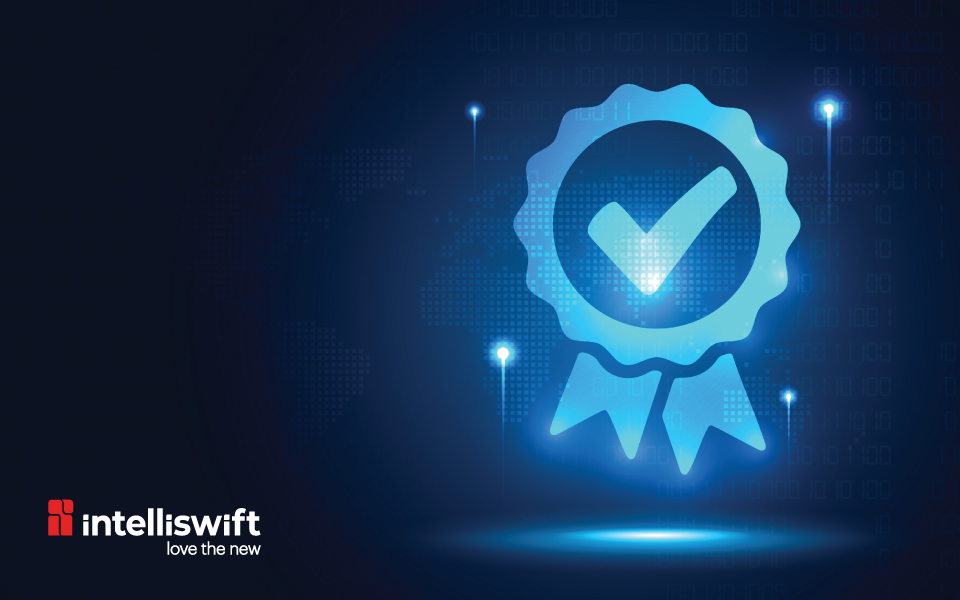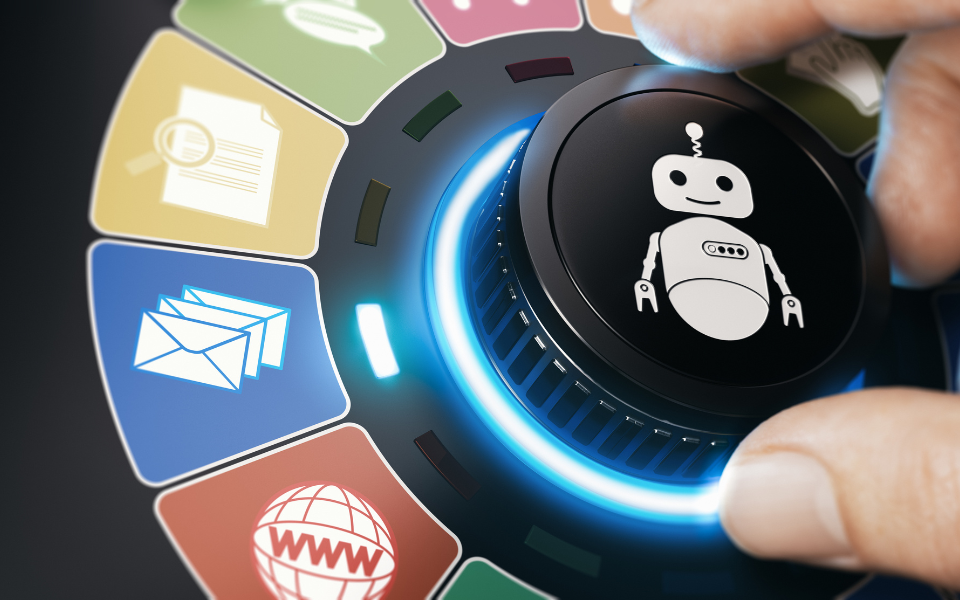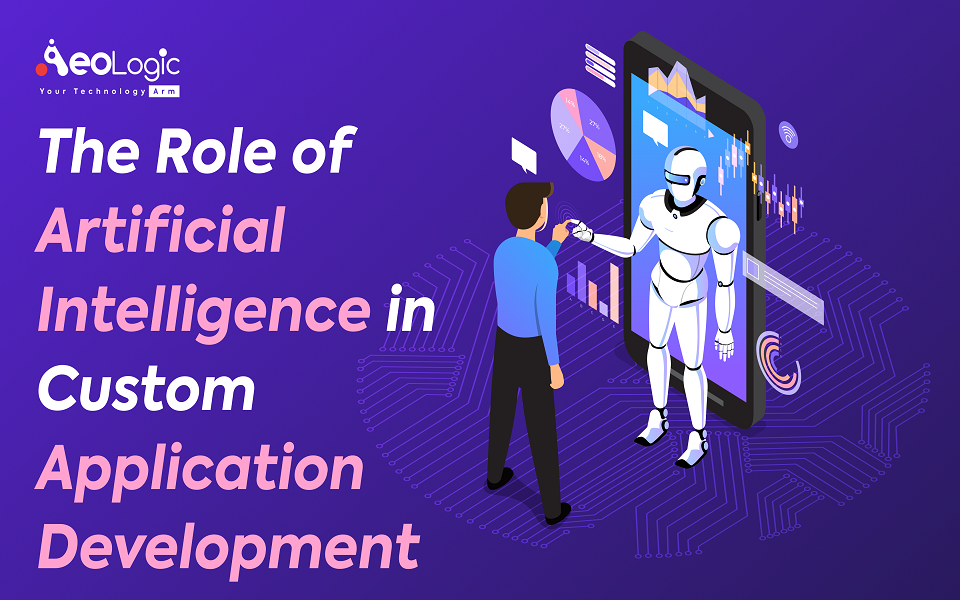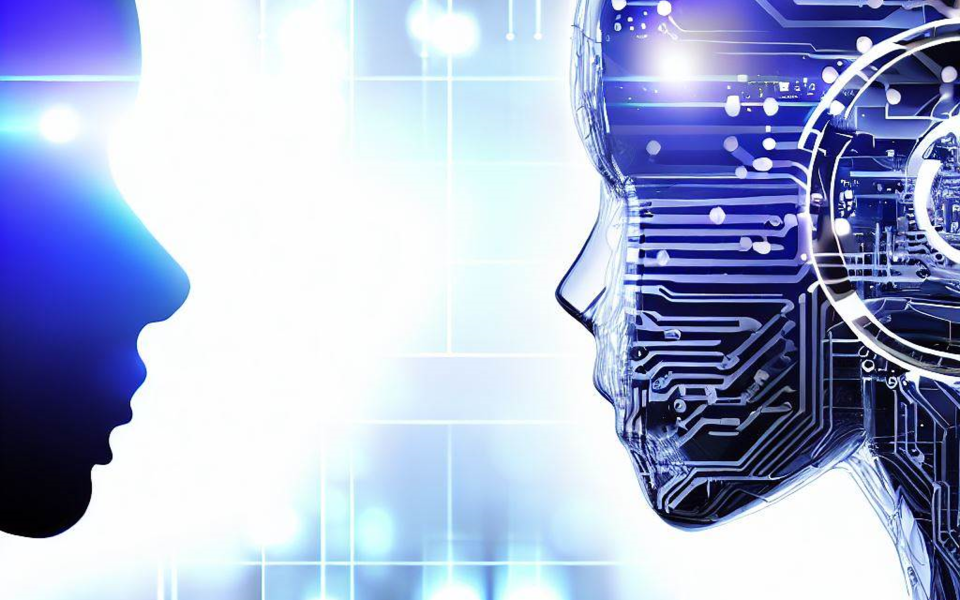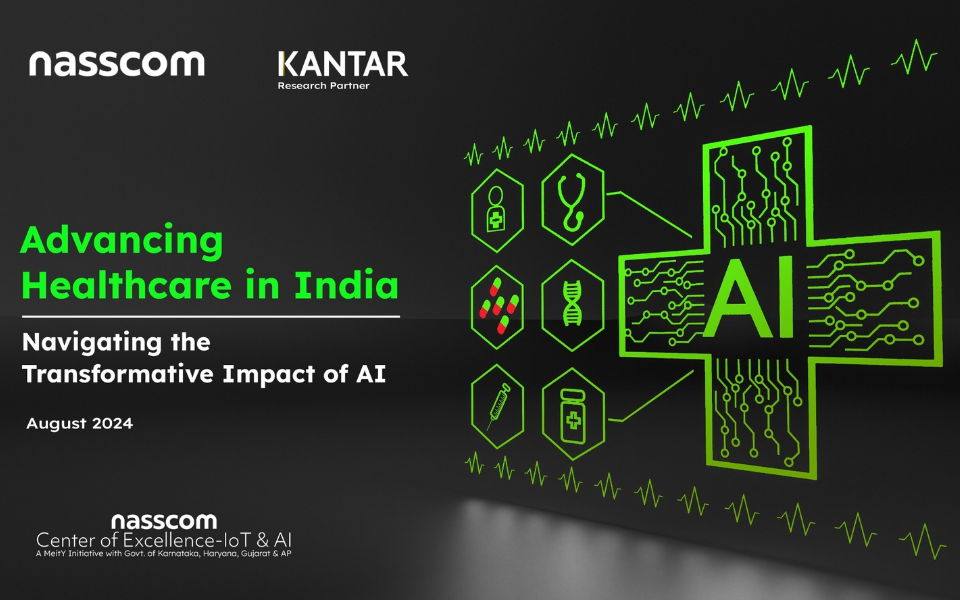Empowering Patients: The Role of AI Chatbot Systems
1. Introduction: The Rise of AI Chatbot Systems in Healthcare
The healthcare industry has witnessed a significant transformation with the advent of AI chatbot systems. These intelligent virtual assistants have emerged as a powerful tool in empowering patients and enhancing their healthcare experience. Through their ability to provide instant responses, personalized recommendations, and round-the-clock availability, AI chatbots have revolutionized the way patients interact with healthcare services. From appointment scheduling and triage to symptom assessment and mental health support, these chatbot systems are reshaping the landscape of patient care. This article explores the role of AI chatbot systems in empowering patients, highlighting their benefits, applications, and potential challenges.
1. Introduction: The Rise of AI Chatbot Systems in Healthcare
1.1 The Evolution of AI Chatbots in Healthcare
Gone are the days when chatbots were mere novelties, reserved for customer service helplines and basic FAQs. In today's healthcare landscape, AI chatbot systems have emerged as indispensable tools, empowering patients and revolutionizing the way healthcare is delivered. These smart virtual assistants are capable of providing personalized assistance, symptom assessment, appointment scheduling, and much more.
1.2 Benefits of AI Chatbot Systems in Patient Empowerment
The integration of AI chatbot systems in healthcare offers significant benefits for patient empowerment. Patients are no longer confined to the limitations of office hours or phone queues. With AI chatbots, they can access medical information and assistance anytime, anywhere, providing them with a sense of control over their healthcare journey. Moreover, these systems offer personalized recommendations and reminders, ensuring patients stay on top of their healthcare needs. Now, let's dive into the ways AI chatbots enhance patient experience and improve access to healthcare.
2. Enhancing Patient Experience: AI Chatbots as Virtual Assistants
2.1 24/7 Availability and Instant Responses
One of the greatest advantages of AI chatbot systems is their round-the-clock availability. Patients can seek information or assistance at any time, without the frustration of waiting for business hours. These virtual assistants provide instant responses, delivering peace of mind and timely support, especially during moments of uncertainty or medical emergencies.
2.2 Assisting with Administrative Tasks
AI chatbots excel in handling administrative tasks that often bog down healthcare facilities. Whether it's booking appointments, rescheduling, or retrieving medical records, chatbots streamline these processes, saving patients precious time and reducing the burden on overworked staff. With chatbots taking care of administrative duties, healthcare providers can focus on delivering quality care.
2.3 Providing Personalized Recommendations and Reminders
AI chatbots have the remarkable ability to understand patients' unique needs and preferences, allowing them to provide personalized recommendations. From suggesting suitable treatment options to reminding patients about medication schedules or lifestyle modifications, these virtual assistants ensure patients receive tailored guidance that aligns with their individual circumstances.
3. Improving Access to Healthcare: AI Chatbots for Appointment Scheduling and Triage
3.1 Streamlining Appointment Booking and Rescheduling
The process of booking and rescheduling appointments can be cumbersome and time-consuming. AI chatbots simplify this task by offering intuitive and user-friendly interfaces. Patients can effortlessly schedule appointments, receive confirmations, and make changes, promoting a hassle-free experience and reducing the likelihood of missed appointments.
3.2 Efficient Triage and Routing of Patients
In busy healthcare settings, AI chatbots act as intelligent triage systems, efficiently assessing patient symptoms and routing them to the appropriate healthcare resources. By capturing relevant information and prioritizing cases based on urgency, these chatbots help optimize patient flow and ensure timely access to the right level of care.
3.3 Reducing Waiting Times and Enhancing Patient Flow
Long waiting times have plagued healthcare for years. AI chatbots contribute to solving this issue by streamlining patient flow. By providing accurate wait-time estimates, updating patients on delays, and guiding them to the necessary resources, these chatbots empower patients with transparency and minimize the frustration and anxiety associated with waiting.
4. Personalized Healthcare: AI Chatbots for Symptom Assessment and Health Monitoring
4.1 Assessing and Analyzing Symptoms
AI chatbots excel in symptom assessment, leveraging advanced algorithms and databases of medical knowledge to provide patients with reliable insights into their health concerns. By asking pertinent questions and analyzing responses in real-time, these chatbots can offer preliminary recommendations or guide patients on when to seek medical attention.
4.2 Monitoring Chronic Conditions and Vital Signs
For patients with chronic conditions, AI chatbots serve as vigilant assistants, monitoring vital signs, medication adherence, and lifestyle factors. By collecting data and alerting patients to any concerning trends or deviations from their baseline, these virtual companions empower individuals to take control of their health proactively.
4.3 Providing Personalized Health Recommendations
Personalized care is rapidly gaining traction in the healthcare realm, and AI chatbots play a pivotal role in this shift. Based on the data they gather and analyze, these chatbots can offer tailored health recommendations, such as lifestyle modifications, preventive measures, or referrals to specialists. This personalized guidance fosters a proactive approach to health and empowers patients to make informed decisions.
In conclusion, AI chatbot systems have transformed the healthcare landscape, empowering patients with personalized assistance, enhanced access to care, and valuable health insights. By embracing these virtual assistants, healthcare providers can revolutionize the patient experience and pave the way for a more patient-centric future.5. Empowering Patient Education: AI Chatbots as Information Providers
5.1 Accessible and Reliable Health Information
AI chatbot systems have revolutionized the way patients access health information. With just a few taps on their smartphones, patients can now have access to a wealth of reliable and trustworthy health information. No more sifting through the endless sea of search engine results or falling down the rabbit hole of dubious websites. AI chatbots provide accurate and evidence-based information, ensuring that patients can make informed decisions about their health.
5.2 Promoting Health Literacy and Self-Care
Health literacy is essential for individuals to have a good understanding of their health conditions and to participate effectively in their own care. AI chatbot systems play a crucial role in educating patients, helping them develop their health literacy skills. By breaking down complex medical jargon into simple language and providing clear explanations, chatbots empower patients to take charge of their health and make informed decisions. They encourage self-care practices by providing tips, reminders, and strategies to improve overall well-being.
5.3 Delivering Targeted Educational Content
One of the remarkable features of AI chatbots is their ability to deliver personalized and targeted educational content. They can tailor information to an individual's specific needs, ensuring that patients receive the most relevant and useful resources. For example, a chatbot can provide specific dietary advice for someone with diabetes or deliver exercise recommendations based on an individual's fitness level. By delivering content that is directly applicable to a patient's situation, AI chatbots truly empower patients to make positive changes in their lives.
6. Enhancing Mental Health Support: AI Chatbots for Emotional Well-being
6.1 Providing a Confidential and Non-judgmental Support System
Mental health is just as important as physical health, and AI chatbot systems have stepped up to provide much-needed support. These chatbots offer a confidential and non-judgmental environment where individuals can express their thoughts and emotions without fear of stigma or embarrassment. They serve as a listening ear, promoting emotional well-being by allowing patients to vent, share their concerns, and receive empathy and understanding.
6.2 Offering Cognitive Behavioral Therapy Techniques
Cognitive Behavioral Therapy (CBT) is a widely recognized and effective approach for addressing mental health issues. AI chatbots can incorporate CBT techniques into their interactions, providing patients with practical tools and coping strategies. Whether it's challenging negative thoughts, practicing relaxation techniques, or setting achievable goals, these chatbots can guide patients through various exercises and empower them to manage their mental health.
6.3 Monitoring Emotional Well-being and Offering Coping Strategies
AI chatbots are not just there for a one-time conversation; they can provide ongoing support and monitoring. By tracking a patient's emotional well-being over time, these chatbots can identify patterns, detect signs of distress, and offer timely coping strategies. This continuous support ensures that individuals are not left to navigate their mental health challenges alone but have a reliable companion to lean on whenever they need it.
7. Potential Challenges and Ethical Considerations of AI Chatbot Systems
7.1 Ensuring Privacy and Data Security
While the benefits of AI chatbot systems are immense, concerns about privacy and data security are valid. Ensuring that patient information remains confidential and protected should be a top priority. Developers must implement robust security measures and adhere to strict privacy standards to build trust with patients and maintain the integrity of these systems.
7.2 Establishing Trust in AI Chatbot Systems
Trust is crucial when it comes to AI chatbot systems. Patients need to feel confident that the information and advice provided by these systems are reliable and accurate. Developers must be transparent about the limitations and capabilities of their chatbots, clearly stating what they can and cannot do. Open communication and feedback loops with patients are essential for continually improving these systems and building trust.
7.3 Addressing Bias and Ensuring Equitable Access
AI chatbot systems need to be designed with inclusivity and fairness in mind. Developers must actively address biases that may exist in these systems to ensure equitable access for all patients. It is essential to eliminate any potential discrimination and to continuously evaluate and refine these systems to minimize any unintended biases that may arise.
With the right approach and ethical considerations, AI chatbot systems can continue to empower patients, revolutionizing the way they access information, receive support, and take control of their health and well-being. So, let's embrace this technology and embrace the power of chatbots in transforming healthcare for the better!8. Conclusion: The Future of AI Chatbots in Empowering Patients
As AI chatbot systems continue to evolve and improve, their potential in patient empowerment is boundless. From enhancing patient experience and access to healthcare to providing personalized support and education, these intelligent virtual assistants have proven to be invaluable tools. However, it is crucial to address ethical considerations such as privacy, trust, and equitable access to ensure the responsible and effective deployment of AI chatbot systems. With ongoing advancements and a focus on patient-centric care, the future holds great promise for AI chatbots in empowering patients and revolutionizing the healthcare industry.
FAQ
1. How secure is the personal data shared with AI chatbot systems?
AI chatbot systems prioritize data security and privacy. Measures such as encryption, secure servers, and adherence to data protection regulations are implemented to ensure the confidentiality of personal information shared with these systems. It is essential to choose reputable providers who prioritize robust security measures.
2. Can AI chatbot systems replace human healthcare professionals?
AI chatbot systems cannot replace human healthcare professionals. They are designed to augment and assist healthcare services, providing support, information, and assistance to patients. They are valuable tools in streamlining processes and enhancing patient experiences, but the human touch and expertise of healthcare professionals remain irreplaceable.
3. How can AI chatbot systems ensure unbiased and equitable healthcare access?
Developers of AI chatbot systems must be vigilant in addressing biases and ensuring equitable access to healthcare. This involves training chatbots on diverse datasets, regularly monitoring and auditing their performance for biases, and implementing measures to mitigate any potential discriminatory outcomes. Transparency in algorithms and continuous evaluation are critical to achieving unbiased and equitable healthcare access.
4. Are AI chatbot systems suitable for all age groups and tech-savviness levels?
AI chatbot systems are designed to be user-friendly and accessible to individuals of all age groups and tech-savviness levels. User interfaces are often intuitive, and chatbots are programmed to understand and respond to natural language inputs, making them suitable for a wide range of users. However, it is important to consider the specific needs and preferences of different user demographics during the design and implementation process.




